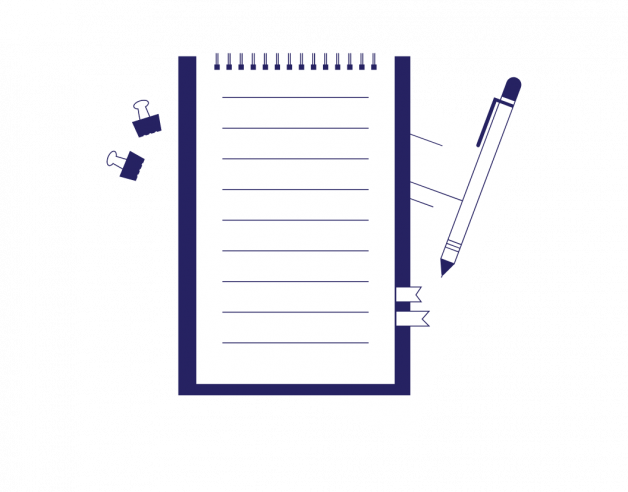
- 3-minute read
- 4th April 2023
What Is a Rhetorical Question?
Rhetorical questions can be an effective tool for writers and speakers to connect with their audience and convey their message more effectively. In this article, we’ll discuss rhetorical questions, how to use them, and some examples.
Definition of a Rhetorical Question
A rhetorical question is a question that isn’t meant to be answered. It’s asked to make a point or create an effect rather than to elicit an actual response. Here are a few examples:
· Are you kidding me? ‒ Used to express disbelief or shock
· Do you think I was born yesterday? ‒ Used to express suspicion or doubt
· Why not? – Used to express willingness to try something
How to Use a Rhetorical Question
Rhetorical questions are rhetorical devices often used in writing and speech to engage the audience, emphasize a point, or provoke thought. They can be used to introduce a topic, make a statement, or open an argument.
Conversational Rhetorical Questions
Rhetorical questions are used in everyday speech and conversations. For example:
· Who knows? ‒ Indicates that no one knows the answer
· Isn’t that the truth? ‒ Used to express agreement with something
Introducing a Topic
Rhetorical questions are a common strategy in essay writing to introduce a topic or persuade the reader. Here are some essay questions with rhetorical questions you could use to introduce the topic:
Essay Question: Why should we care about climate change?
Rhetorical Question Introduction: Would you like to live on a dying planet?
Find this useful?
Subscribe to our newsletter and get writing tips from our editors straight to your inbox.
Essay Question: Are dress codes a good idea for school?
Rhetorical Question Introduction: Wouldn’t you like the freedom to choose what you want to wear?
Famous Examples of Rhetorical Questions
Rhetorical questions are a powerful and effective device to use in speech and writing, which is why you can find countless examples, from past and present figures, using them. Here are a few examples:
Example 1:
‒ Obama’s Immigration Address
Here, Obama is using rhetorical questions to emphasize a point to his audience about what type of nation America is. The questions demonstrate his stance on immigration in America.
Example 2:
‒ Martin Luther King Jr., I Have a Dream
Dr. King used a variety of literary devices in his writing and speeches to inspire and invoke change and action in his audience. Here, he poses the rhetorical question, “Now, what does all of this mean in this great period of history?” to get his audience thinking. There’s no obvious answer here. He’s setting up his response to this seemingly unanswerable question.
Example 3:
‒ Sojourner Truth, Ain’t I A Woman
Here, Sojourner Truth is speaking at the 1851 Women’s Convention to persuade the audience that women should have the right to vote like men. She’s emphasizing that she can do everything a man can do and more (childbirth), but she can’t vote like a man because she’s a woman.
Conclusion
Rhetorical questions are statements pretending to be a question. They’re not to be answered, as their answer should be obvious or there isn’t an obvious answer.
You can use rhetorical questions to emphasize a point, introduce a topic, or encourage your audience to think critically about an issue. If you’re looking to enhance your speaking or writing, check out our Literary Devices page to learn more.






